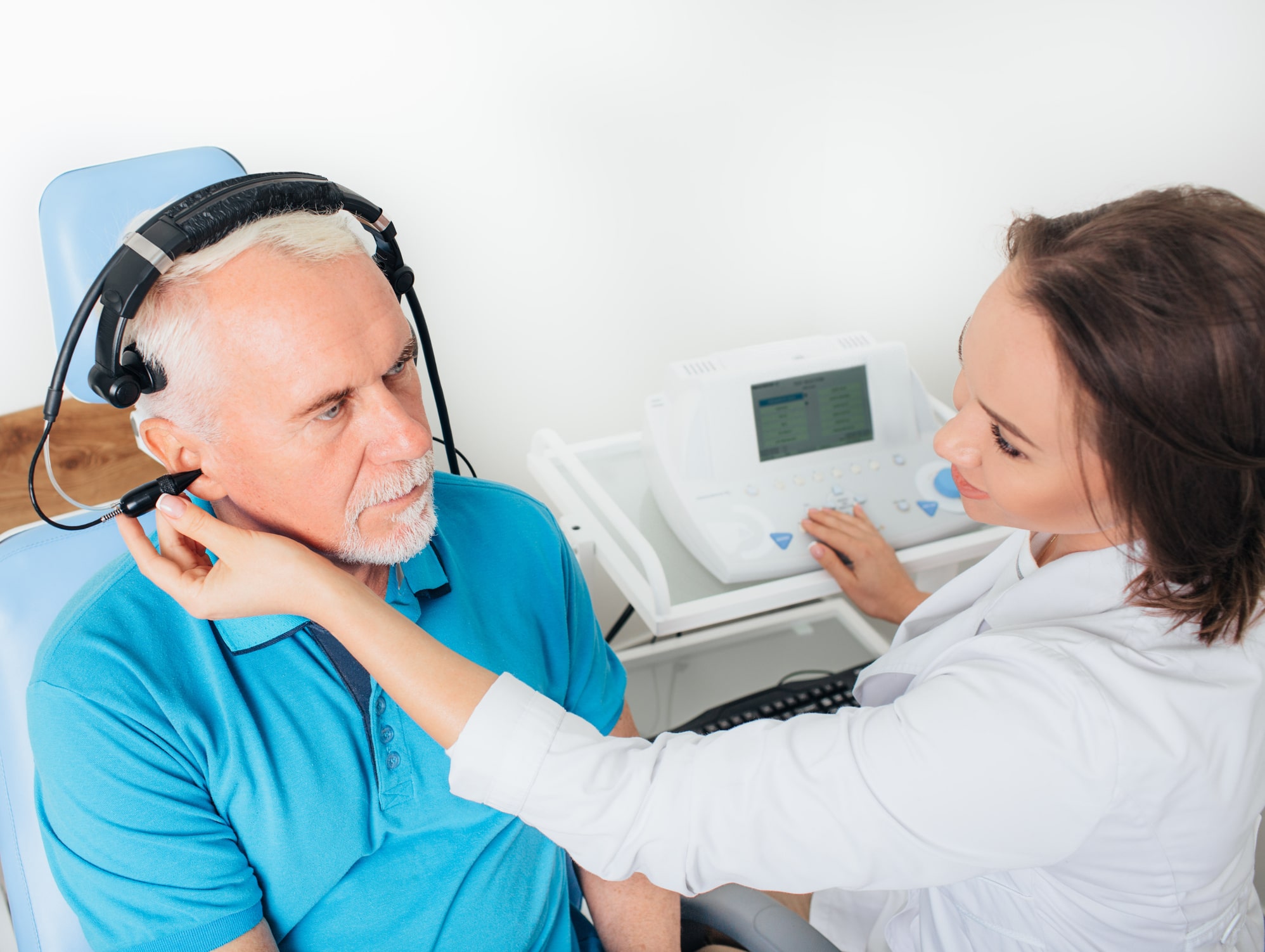Hearing Aid May Help Lower the Risk of Dementia, Depression or Anxiety in Older Adults
The risk of dementia, depression, or anxiety could be directly impacted by the use of hearing aids in the hearing impaired. Older adults who have newly diagnosed hearing loss have a lower risk of these conditions over the following three years, according to a new study. The problem is that only 12% of those who ...click here to read more














